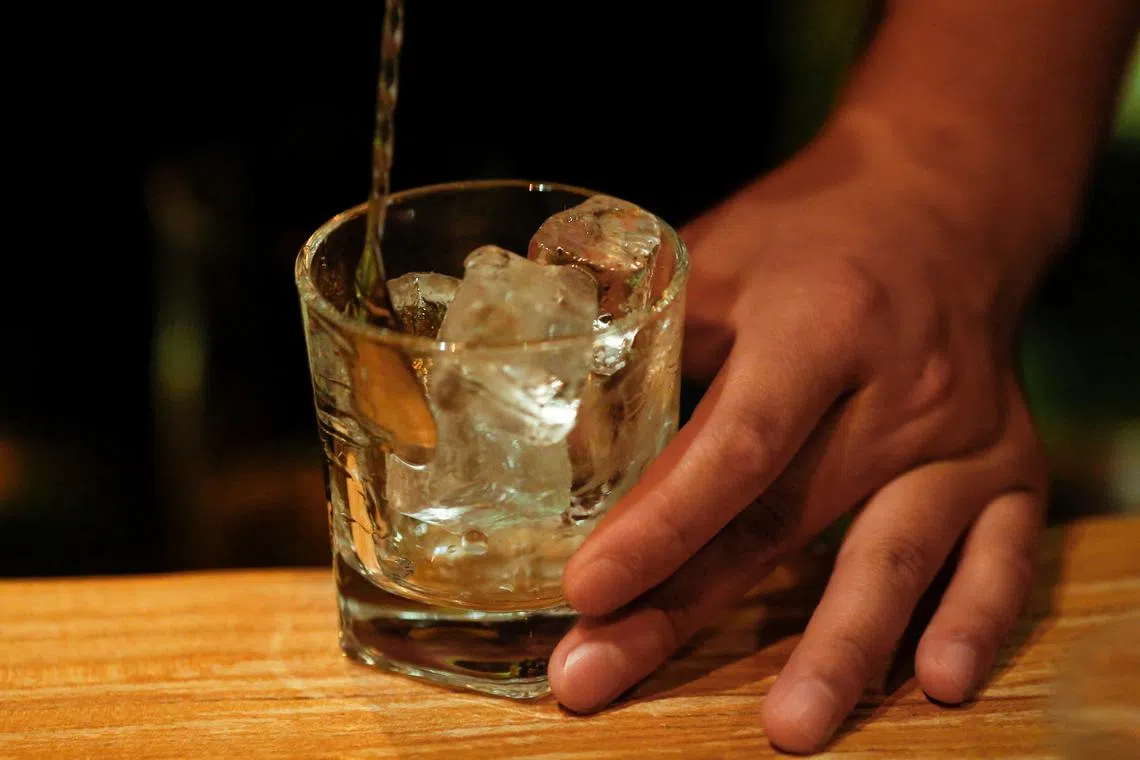Taiwan may file WTO complaint after latest Chinese import bans
Sign up now: Get ST's newsletters delivered to your inbox

The latest bans cover more fishery products as well as some beers and liquors.
PHOTO: REUTERS
Follow topic:
TAIPEI/BEIJING – Taiwan may take China to the World Trade Organisation (WTO) after the country effectively banned the import of more Taiwanese food and drink products, the island’s Premier Su Tseng-chang said on Saturday as Beijing accused Taipei of political manipulation.
Taiwan, which China claims as its own territory, has complained for the past two years of Chinese import bans on various agricultural and aquatic goods, including pineapples and grouper fish, saying it is part of a Chinese pressure campaign.
The latest bans cover more fishery products, chief among them squid, as well as some beers and liquors, which China has said is due to the Taiwanese companies not properly completing relevant paperwork.
Speaking to reporters, Mr Su said China was using administrative means to interfere in normal trade that is not in line with WTO norms. The government will do its best to communicate with relevant Chinese departments on the issue, he added.
“If there is any non-compliance with the relevant WTO norms, we will also follow the relevant channels to file a complaint.”
Taiwan and China are both WTO members.
In a statement late on Friday, China’s Taiwan Affairs Office said the problem was an administrative one in that the affected companies were not properly registered and this was a “normal food safety supervision measure”.
It said it hoped that Taiwanese companies will provide the information that meets government requirements as soon as possible.
China has scaled back purchases of Taiwanese products as Beijing seeks to punish the island’s democratically elected government for increasing ties with the US and its allies.
While food made up a tiny fraction of Taiwan’s more than US$328 billion (S$444 billion) of two-way trade with China in 2021, it is one area where Beijing can find alternative sources, in contrast to semiconductors from Taiwan’s technologically advanced manufacturers.
In the wake of US House Speaker Nancy Pelosi’s visit to Taipei in August, China said it would suspend imports of some fish
Taiwan President Tsai Ing-wen, meanwhile, pledged to deepen security cooperation with Japan to ensure freedom in the Indo-Pacific during a meeting with a senior member of Japan’s ruling Liberal Democratic Party (LDP).
Although Japan and Chinese-claimed and democratically governed Taiwan do not have formal diplomatic ties, they have close, unofficial relations and both share concerns about China, especially its increased military activities near them.
Meeting in the presidential office in Taipei, Ms Tsai thanked Mr Koichi Hagiuda, the LDP’s policy chief, for Japan’s support over issues such as maintaining security in the sensitive Taiwan Strait.
“We have seen that in recent years, Taiwan-Japan relations have become ever closer,” she said.
Japan has watched with growing concern China’s belligerence towards Taiwan, as Beijing seeks to assert its sovereignty claims over the island. REUTERS, BLOOMBERG

